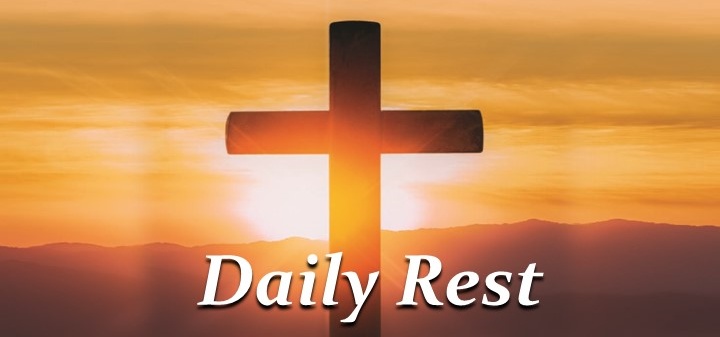The Books of Moses
Aaron shall lay both his hands on the head of the live goat, confess over it all the iniquities of the children of Israel, and all their transgressions, concerning all their sins, putting them on the head of the goat, and shall send it away into the wilderness by the hand of a suitable man. Leviticus 16:21
The title Leviticus comes from Levi, the family which was chosen to serve in the worship of God’s people. The priests, and all those who assisted with worship and the Tabernacle, were descendants of Levi (Exodus 28:1). In Leviticus, the LORD presents the people with the proper manner to approach and commune with Him in public worship, and gives instructions to the priests concerning the worship practices He prescribed for them.
In this book, Moses detailed the various sacrifices God required of Israel. This also included what was expected of Aaron and his sons who served in the priesthood, and the great religious festivals which the LORD established for Israel. These descriptions point to the need for and the promise of a coming Savior.
Leviticus can be summed up as Israel’s worship handbook, showing the people how to worship, serve, and obey the holy God. The God-established purpose behind all of these things can be found in 19:2: “You shall be holy for I the LORD your God am holy.” The LORD also showed that His people were not able to become holy through their own actions, but only through the act of God. On the Day of Atonement, a lamb was slaughtered and its blood was sprinkled on the mercy seat, then the sins of the people were confessed over the head of the scapegoat which was led away from the camp of Israel and into the wilderness. These animals pointed Israel to the coming Savior. Only through the Lamb of God and His perfect life and death, offering and sacrifice, are sinners holy before the LORD!
Lord, thank you for making me holy through the blood of Jesus. Amen.
The holy, meek, unspotted Lamb,
Who from the Father’s bosom came,
Who died for me, e’en me to atone,
Now for my Lord and God I own.
The Lutheran Hymnal 371:3

